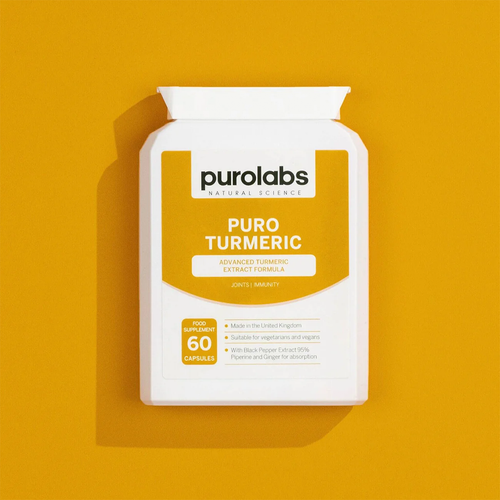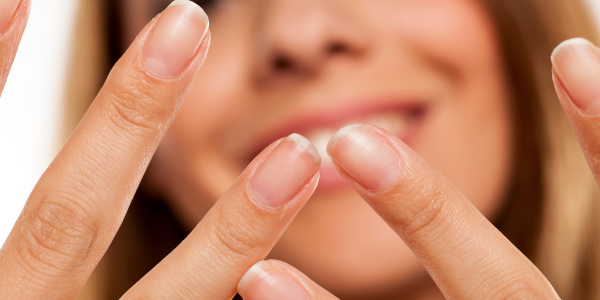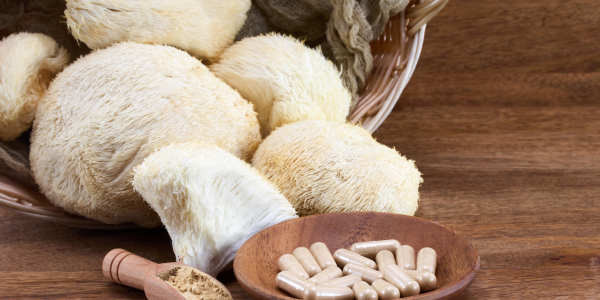I will cut to the chase on an understandably confusing health topic for many. To answer the question on whether curcumin or turmeric is a better choice for overall health and wellbeing, it is important to note that…
Turmeric and curcumin belong to the same plant compound.
Turmeric/turmeric root is the wholefood.
You can buy turmeric root at many fancy wonderful health food stores. Although not as readily available, some supermarkets do sell turmeric root although you may have to shop around a little more.
Compared to its dried counterpart, fresh whole turmeric root has a deep rich orange colour profile, with dried turmeric or/and curcumin powders and supplements maintaining a slightly more yellow/orange shade.
Turmeric root is an excellent wholefood ingredient to be used in:
- Curries
- Smoothies and juices
- Dried turmeric root can be stored for longer and thrown into many dishes
- As an ingredient for pickling; it can add colour and depth to pickles and relishes
- Even used as a food colourant for commercial food items1
I regularly discuss the importance of a wholefoods diet and its additional benefits. The body is capable of digesting, absorbing and utilising wholefoods. There is added fibre and other macro and micronutrients that accompany wholefoods along with additional water content consumed through eating whole plant compounds2.
It’s relatively well understood that wholefoods are beneficial and at times preferrable, however turmeric could potentially be an exception to the rule; especially for those who wish to use turmeric, but more specifically, curcumin for therapeutic benefits.
Turmeric is very well known for its anti-inflammatory properties, with curcumin being the active compound found within whole turmeric root that is responsible for its health claims. Curcumin is a powerful antioxidant compound which only makes up 1-6% of whole turmeric.
In order to receive the health benefits of curcumin supplementation, you would need to consume approximately several tablespoons of whole turmeric root or powder, daily. If you have cooked or consumed turmeric before, you’ll understand that this is quite a culinary mountain to climb.
Turmeric, whilst an earthy and warming taste profile for many savoury food and beverages, maintains a bitter taste. Consuming several tablespoons of dried turmeric powder or whole turmeric root may lead to digestive discomfort and a distinctly unforgiving bitter aftertaste which is difficult to consume in such high quantities.
Whilst turmeric contains key compounds that support its health benefits such as phytonutrients (which are wonderful antioxidants), volatile oils which lend to its fragrance and low levels of calcium, iron, magnesium and phosphorous, curcumin is the active compound ingredient in turmeric which is its most researched component for human health.
Therefore, for practicality, health benefits and time’s sake – curcumin/turmeric supplements with curcumin provide you with the most bang for your buck.
So, what is it that makes curcumin supplementation so worthwhile if you’re looking to boost many facets of health? In this article, I’m going to outline why curcumin capsules are a seriously good choice when stocking up your daily supplement toolkit.
A Potent Anti-inflammatory
As mentioned, curcumin is the anti-inflammatory of anti-inflammatories. Yes, that may sound like a bold statement to make, but this powerhouse of an antioxidant has been well studied for its free radical scavenging capabilities.
The Arthritis Foundation recommends for those with arthritis ailments to pick turmeric supplements over wholefood turmeric due to the concentrated curcumin found in good quality turmeric supplementation3.
Curcumin works on inflammatory conditions like arthritis by targeting specific chemical pathways that control the immune response. It has been shown to block inflammatory cytokines including cyclooxygenase-2 (COX-2) which targets pain relief. A randomised control trial found that curcumin improved pain and stiffness better than nonsteroidal anti-inflammatories (NSAIDs) 4.
Curcumin has also been shown to support the immune system through suppressing inflammatory interleukin 6 (IL-6).It has been shown to reduce the inflammatory side effects that macrophage and monocytes signal in response to an increase in inflammation5.
A study showed that curcumin may potentially support the body’s response to acute lung injury through its remarkable anti-inflammatory properties6.
A Gut Microbiome Booster
Curcumin is a polyphenol, with studies linking its polyphenolic capabilities on gut health.
Polyphenols are plant compounds which maintain antioxidative benefits with studies linking increased polyphenol intake to microbiome health; promoting the growth of good bacteria and inhibiting the growth of pathogenic bacteria in the gut7.
A study showed that curcumin has roles in the human microbiome. Firstly, it supports gut dysbiosis (the ratio of good to bad bacteria in the gut) and by doing so supports our gut lining (aka intestinal permeability) 8.
A strong gut lining has been shown to directly improve nutrient absorption along with reducing food sensitivities by supporting the immune systems response to the foods we eat9.
A recent mice study showed that curcumin also boosts short chain fatty acid (SCFA) levels in the gut10 again improving gut lining integrity and supporting a healthy, thriving, well fed microbiome.
May Improve Cognitive Health
Curcumin has been shown to support the production of brain-derived neurotrophic factor (BDNF). BDNF is a protein found in the brain which helps to regulate satiety, memory, and learning, with this vital protein deficiency linked to Alzheimer’s disease11.
Whilst more studies need to be carried out to confirm this, curcumin may be potentially a key supplement to consider when supporting overall brain health, function and memory.
Supports Heart Health
Curcumin may support against heart disease due to its antioxidant effects. It is thought that the compound can improve the function and structure of the endothelium, which lines our blood vessels and helps to keep blood flow circulating through the body. A healthy endothelium can help to regulate blood pressure, reduce blood clots and lower the overall risk for cardiovascular disease.
Anti-Cancer Properties
Due to its immune-protective properties, curcumin has also thought to be a potential natural aid for cancer. It has experimentally been used as a beneficial ingredient for cancer treatment, with theory around its application supporting the death of cancerous cells, and its potential ability to reduce the spread of cancer (metastasis).
It is incredibly important to note that while this could be a potentially exciting development, the research is currently lacking.
Turmeric Supplements
Our turmeric supplement at Purolabs not only contains high strength 95% turmeric extract – equivalent to 15,000mg turmeric, it includes black pepper and ginger to help boost its bioavailability (absorption).

Turmeric
It is important to check the label when it comes to turmeric supplements. If the turmeric content is below 2,000mg daily, it’s unlikely that it’ll contain enough of the active compound curcumin to prop up its health claims.
It's also important to note that iron supplementation and medications or supplements which affect blood clotting shouldn't be taken with turmeric supplementation. Turmeric supplementation may lower the absorption of iron and can slow blood clotting, which could increase the risk of bleeding in some individuals.
Always consult with a healthcare professional before starting any new supplement regimen, especially if you're taking medications or have existing health conditions.





















